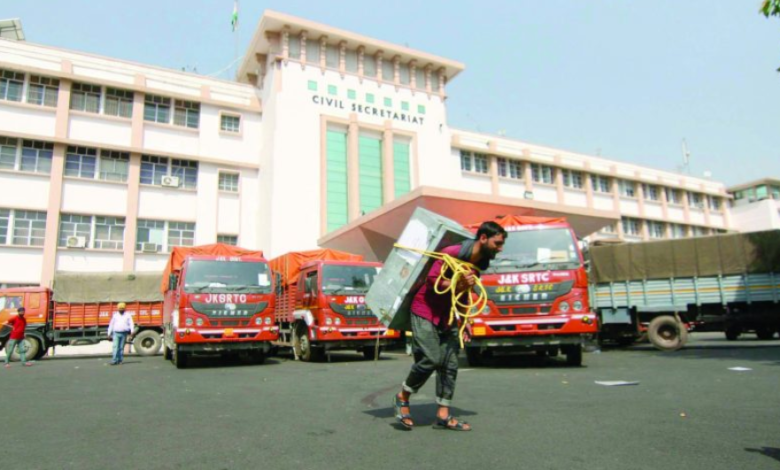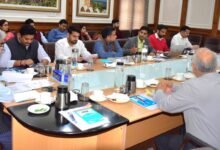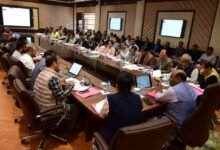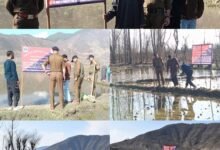
JAMMU, Oct 20: The newly formed National Conference (NC) government is planning to restore the historic Darbar Move practice in Jammu and Kashmir (J&K), with discussions at the highest level underway. The final decision is likely to be made during the upcoming cabinet meeting, scheduled shortly after the oath-taking ceremony of the newly elected MLAs in Srinagar tomorrow.
According to a highly placed government source, who spoke to Rising Kashmir on condition of anonymity, the restoration of the Darbar Move is a priority for the NC government. “The discussions for reinstating the Darbar Move practice in the Union Territory of J&K have been ongoing at the highest levels, and the final decision will be taken in the next cabinet meeting,” the source revealed.
The oath ceremony of the newly elected MLAs will be held tomorrow, following which the cabinet may also deliberate on the schedule and location for the upcoming Assembly session, with options being either Srinagar or Jammu.
During the recent Assembly election campaign, Dr. Farooq Abdullah, President of the National Conference, had repeatedly promised that his party would reinstate the Darbar Move if voted to power. The move comes in response to concerns raised by local stakeholders about the economic and social impacts of its abolition.
The Darbar Move, a 149-year-old tradition, involved the biannual shifting of the Civil Secretariat and several other government offices between Srinagar and Jammu. The practice, initiated by Dogra ruler Maharaja Gulab Singh in 1862, was discontinued in June 2021, with the J&K administration citing annual savings of approximately Rs 200 crore as the primary reason.
However, NC leaders have argued that the decision to halt the Darbar Move has adversely impacted businesses in both Jammu and Srinagar, leading to a decline in people-to-people interactions. “The restoration of the practice will boost the economy in both regions, facilitating better business opportunities and restoring traditional ties between the two cities,” they said.
The Darbar Move was historically seen as a way to bring the government closer to the people of both regions, with offices operating from Srinagar during the summer and shifting to Jammu for the winter months. Since its abolition, only Administrative Secretaries and select high-ranking officials have been moving between the two cities, while other employees continue to work from their designated offices.





